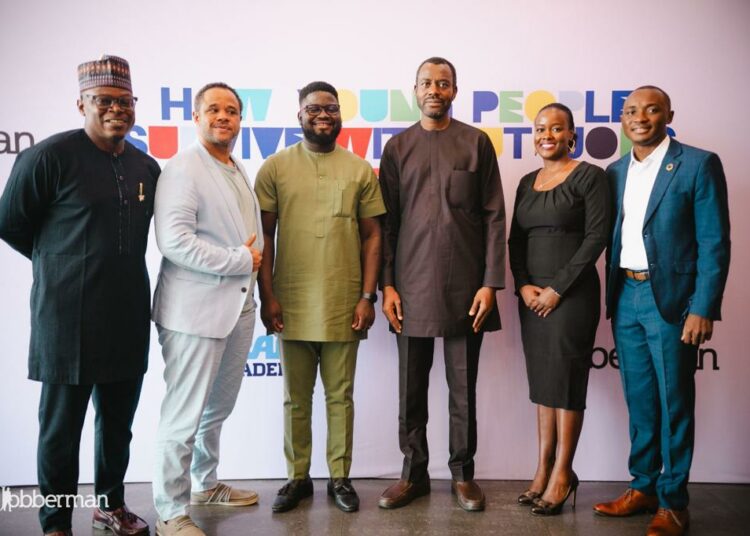A recent report published by Jobberman Nigeria reveals that unemployment and its effects remain the most significant issue young people have to deal with in Nigeria today, with a mere fraction of unemployed youth benefiting from government and religious group safety nets.
Despite the significant impact that social safety nets have had on the global fight against poverty and socio-economic vulnerabilities, there remain critical gaps in project impact that reflect limited coverage and weak targeting—an issue strongly affirmed by the International Monetary Fund (IMF).
The 2022 Jobberman Nigeria report further highlights a massive exodus of talent from the country, with layoffs, retrenchments, and termination of contractual work arrangements becoming increasingly common across various employment sectors.
Jobberman Nigeria report 2022: talent exodus, layoffs, high youth unemployment rate increasing by 6 percent yearly for the past five years.
According to the report, each geopolitical zone in the country has its own dreadful expression of unemployment disease, indicating that young people in the North East and North West regions are predisposed to longer unemployment durations compared to other regions of the country.
In the North East, about 32 per cent have been unemployed for 3-5 years, while about 30 percent have been unemployed for over 5 years. The North West recorded 28 and 27 percent, respectively.
Despite its huge advantage over other regions, over 60 percent of unemployed youth in the South West are stuck for periods between 1 and 2 years. About 39.42 percent of unemployed youth in the South East have been without work for at least 3 years, 14 percent of whom have been unemployed for over 5 years.
In the South, about 39 percent have been unemployed for at least 3 years, and about 16 percent of this figure has been without work for over 5 years.
The report also disclosed that unemployed women are less likely to hustle and more likely to depend on their partners compared to men.
In his keynote address at the unemployment roundtable discussion organised by Jobberman in collaboration with MasterCard Foundation, the managing director/CEO of Sterling Bank, Abubakar Suleiman, said: “We need to separate ourselves from this idea that once I get the job, something gets solved. Once you get the job, you’re starting a whole new world out there.”
Suleiman said, there is a need for young people to see their work as a process of value creation as the job is a tool, not an end.
He continued that, “the job is not a destination; it is a means of getting somewhere. What needs to happen is for us to create a new system. Because sometimes it sounds as if the job is a destination. I want to get a job, and I’m done. But the job is not the destination.”
The chief executive officer of The Africa Talent Company (parent company of Jobberman), Hilda Kragha, said women culturally get some empathy as opposed to men, who have been taught and programmed to be breadwinners and take care of their families.
“We did some research last year around barriers to women in the workplace; there are many things we saw; the big one is a cultural aspect. If I’m going to go into a job, what happens to my family, and what is your opinion of me?” she said.
CEO of Jobberman, Oreoluwa Boboye, said the report indicated that ‘hustle’ is the major means of survival for unemployed youth in Nigeria.
According to him, unemployment and its effects remain the most significant issue young people have to deal with in Nigeria today.
“From being labelled as ‘unemployable’ to the low rate of job creation, the unemployment statistics are only a lagging indicator of the realities of millions of Nigerian youth across all geopolitical zones of the country,” he emphasised.





